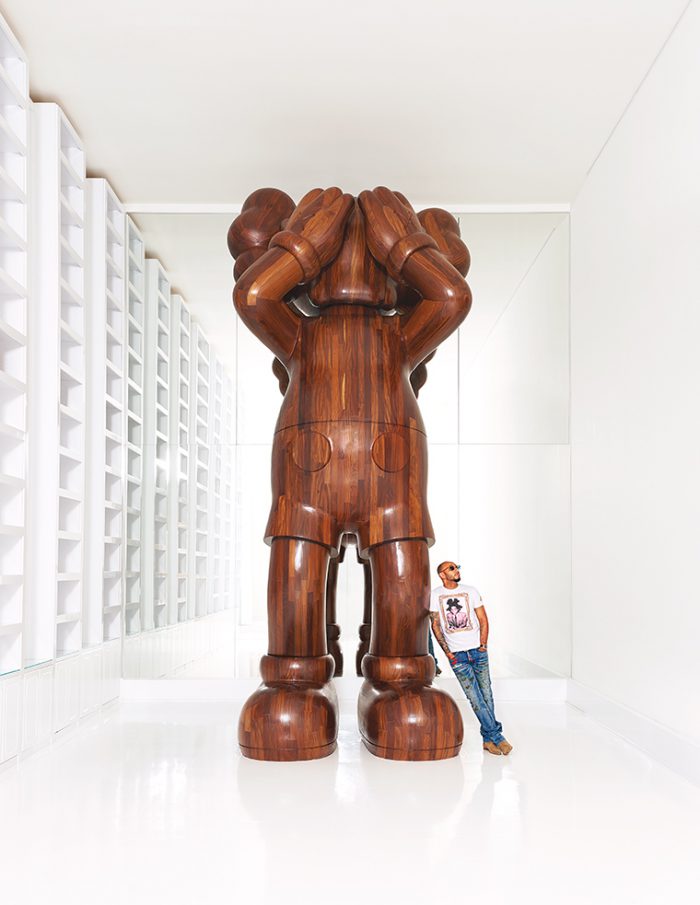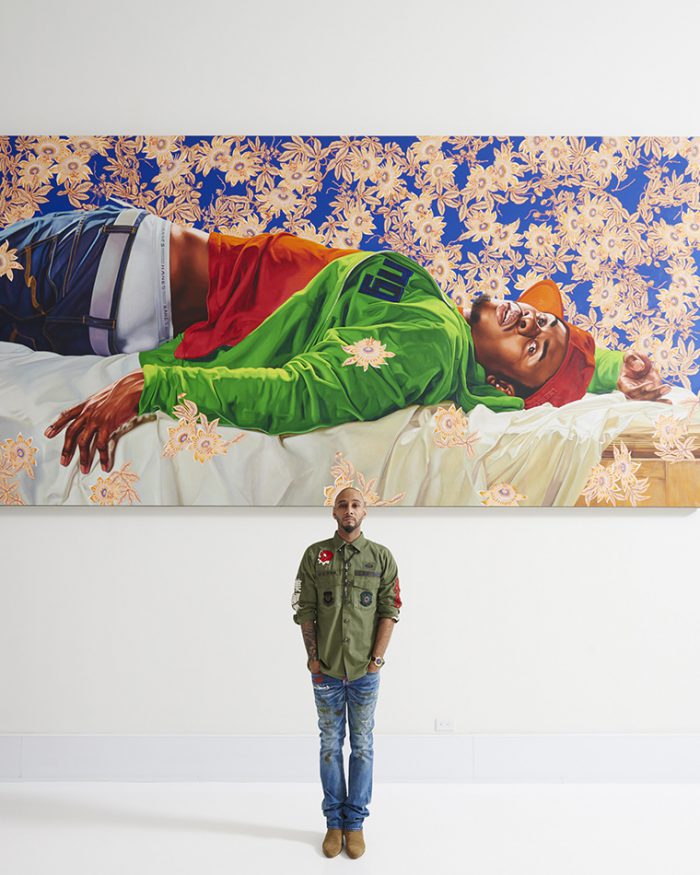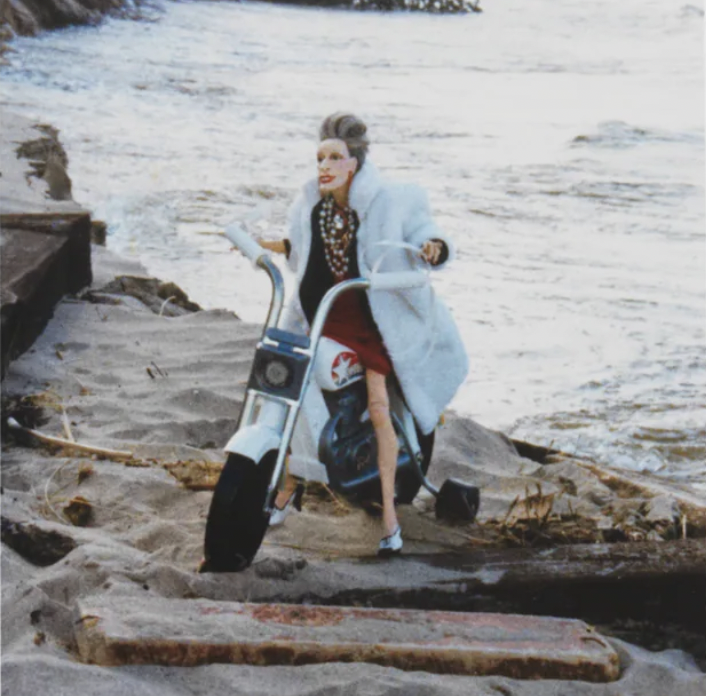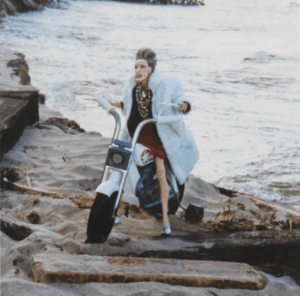“Art always told the race story. I love the work before the person. I don’t have a color when it comes to art.” Surrounded by Warhols on the walls and a Basquiat above his fireplace, producer and recording artist Kasseem Dean—better known as Swizz Beatz—is mulling over his latest cultural passion. “After I like the work, then I get into the details of the person: what was their process, their zone, what were they thinking.”
Walking into his art-filled front lounge, he adds, “I’m just having fun and expanding the conversation about art in a very organic way—celebrating all forms of creativity globally.” At the moment, that conversation is focused on the second iteration of his No Commission Art Fair, coming to New York, his hometown, this summer. True to his vision, it will eschew the standard aesthetic: “I’ve seen a lot of art spaces and they feel almost like an asylum—white walls all over the place, super high ceilings, and even though there is art everywhere, it doesn’t feel embracing.”
Though he gained fame in the music industry, Dean’s reach is much wider than that: He’s a hyphenate with interests across social media and all of the arts, including fashion and acting. And that crossover approach gave birth to the precisely titled No Commission. It is a fair with no formal announcements or protocols, where the artists keep 100 percent of their proceeds.
 The Dean Collection includes KAWS’ 19-foot wood sculpture At This Time, 2013.
The Dean Collection includes KAWS’ 19-foot wood sculpture At This Time, 2013.
The first iteration occurred last year during Art Basel Miami Beach, when billionaires mixed with hipsters in an old Wynwood mechanical yard. He curated a selection of artists he admires, many of whom are represented in his personal Dean Collection, which is prominently featured on his million-plus-follower Instagram account. “The reason I went public with the Dean Collection was the feedback on social media and Instagram. I realized it’s bigger than just collecting personally,” he says. “And so I was able to pick the artists for No Commission through Instagram as a form of collaboration.”
Dean Collection curator Nicola Vassell calls herself his creative and strategic deputy. “Fundamentally, the Dean Collection is an extension of Dean’s sensibilities—he is heavily instinct-driven,” she says. “Having himself worked in an art form reliant on textures, patterns, flows and transitions, it stands to reason that he has a keen sense of what makes artwork energetically great.”
 Dean with Kehinde Wiley’s Femme piquee par un serpent, 2008.
Dean with Kehinde Wiley’s Femme piquee par un serpent, 2008.
That love of joint creativity is shared among his family. His five-year-old son, Egypt, is credited as a producer on a new Kendrick Lamar track, and Dean’s collaborators also include his wife, Alicia Keys—another hyphenate as a singer, songwriter, producer and actress. “My wife is amazing,” he says. “Technically she doesn’t need help from me or anyone else. It’s an honor and privilege to be part of any of her projects.” He believes that personal chemistry is based on synergy, or what he calls a “soul mate intuition.” “I can pick up the phone and she’ll be calling me. It happens so much I am no longer scared of it.”
He thinks that in 10 years collaborations will finally be valued and correctly priced, especially that of Warhol and Basquiat. “Artists should mingle with artists, and artists should help artists. Artists should never charge other artists. It should be strictly trades—I give you a chorus for your song, you give me one for mine. It’s out of respect.”
Dean says the traditional gallery formula of exclusive representation and promotion now requires a new way of communication that encompasses technology. He posts pictures of art or artists he finds interesting on Instagram with no description to create a bigger conversation; by keeping the timeline clean, he thus invites commentary. “I love reading people’s comments. It’s a gauge of what the millennials, the future collectors, are thinking.”
This democratic, multidisciplinary worldview will be reflected in the upcoming No Commission Art Fair. “We will present a cohesively narrated, immersive version of the fair experience with well-integrated art, music and performance,” says Vassell. The concept will echo the Miami experience: Artists get full payment and people can drink and eat for free while experiencing the art. But in New York, Dean wanted a topic—“perform the arts”—which soon will reveal itself. He is already looking at a third edition, as well, which he says will go to another level: “Space, literally,” he jokes. “With many of the big shows it’s so predictable. That same long walk, all the same hustle and bustle. There is no vibe and you know what you’re going to get. Art is supposed to flow. It’s about the freedom. It’s the voice for people who have none.”










 in your life?
in your life?

